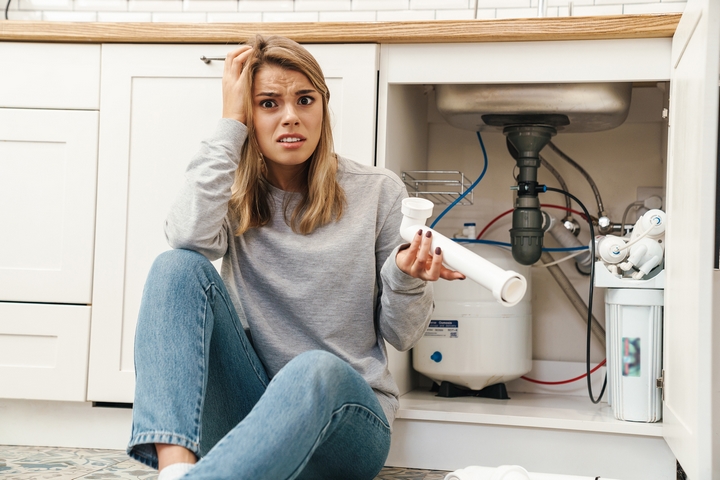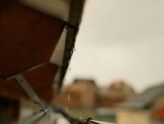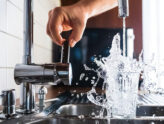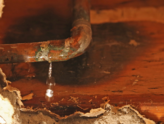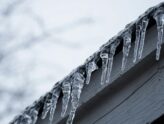Are the pipes in your home rattling, banging, or otherwise causing a lot of noise? Every time you turn on the faucet, you might be met with an orchestra of disharmonious uproar, with each pipe humming and buzzing a different tune. Noisy plumbing pipes are common occurrences among older or poorly maintained homes. These noises can be terribly disruptive, and potentially indicative of deeper problems within your plumbing systems.
The causes of noisy plumbing pipes may vary, ranging from minor blockages to major deterioration of essential components. When the cause is relatively simple, homeowners may be able to fix the noisy plumbing pipes on their own. For the more complex cases, they will require the assured touch from a professional plumber, just to make sure all the pipes are properly working.
If you notice any noisy rumbling and gurgling in your plumbing systems, you should find out what causes these noisy water pipes to occur. Below are the six potential causes of the noisy plumbing pipes inside a home:
1. Banging Noises from Water Hammers
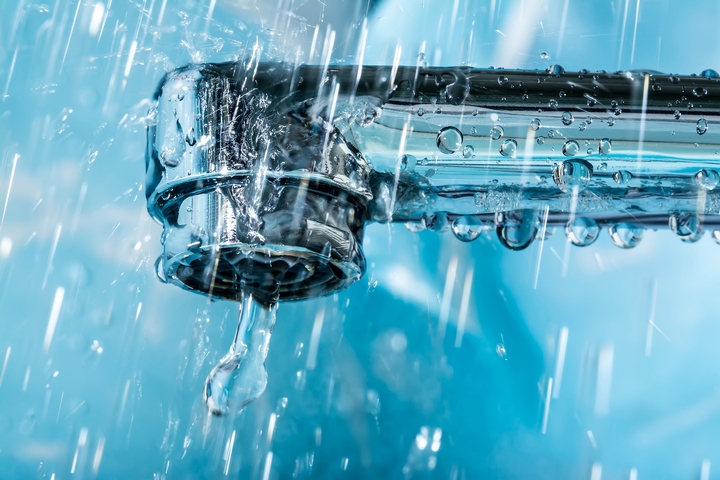
Do you hear a loud banging sound whenever you turn off different faucets? This pipe noise may be caused by water hammers. The common plumbing phenomena occurs when you turn on a tap and then abruptly switch it off again. The water, which was going to spurt out of the faucet, suddenly has no safe outlet to release the accumulating pressure. As a result, it smashes against the now-shut valve and causes a banging sound.
If allowed to persist, the water hammers can be potentially harmful to your plumbing systems in the long term. You may be able to fix this noisy problem by resetting the air chambers in your water system. Start by shutting off the water supply in your home, and then proceed with turning on all the faucets to drain out the remaining water. This reset should allow you to clear away any hammer noises caught within the pipes.
2. Humming Noises from High Water Pressure
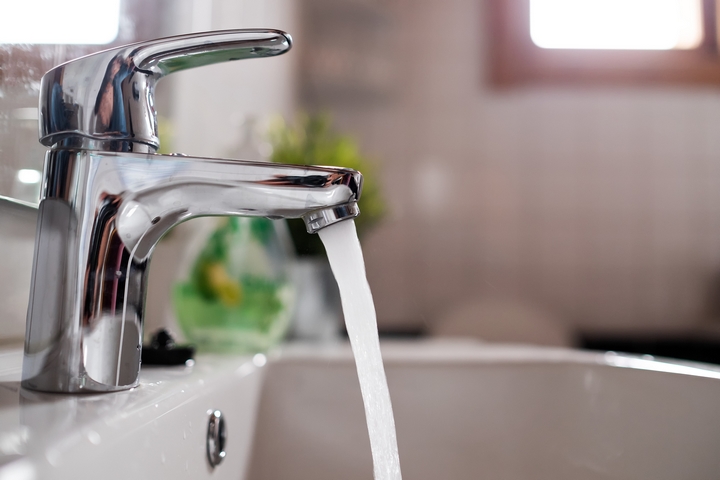
When the water pressure is too high, your pipes may start to vibrate, while emanating a consistent humming noise. The noise can be especially noticeable whenever the water is running. High water pressure is a serious problem, since it is hurting your pipes, wearing out your plumbing systems, and wasting lots of unnecessary water.
To get rid of these plumbing noises, make sure the water pressure level remains at a reasonably average level. You should regulate your home’s water pressure levels, ensuring that it doesn’t go any higher than 80 psi. If the water pressure becomes excessively high, you can have a pressure regulator installed. This device allows you to set limits and control the pressure levels of the water.
3. Gurgling Noises from Plumbing Blockages
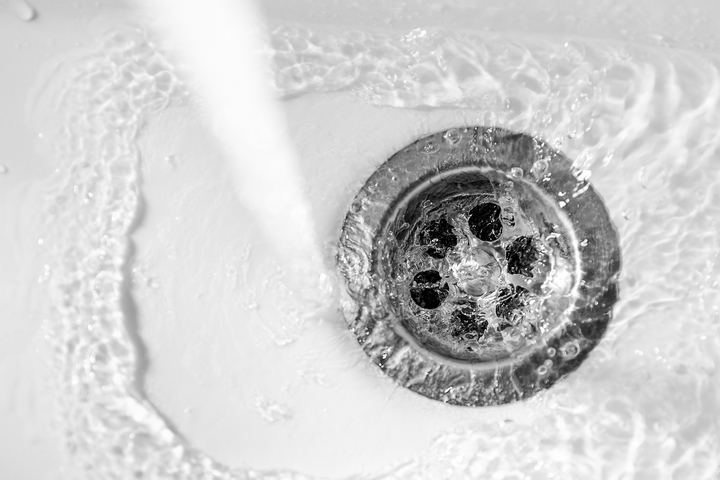
Your pipes may be emitting a gurgling sound, almost as if the water is taking a turbulent journey through your home’s plumbing system. This noise indicates there could be some type of blockage that causes the water to not move as swiftly. Is there possibly a foreign object stuck inside your pipes? If so, you may also notice sluggish drains in the bathroom, dishwashers, and other household appliances.
Whatever item is caught within your pipes, you should have it removed as soon as possible. Once the pipes have been unclogged, your plumbing system should work efficiently again without any gurgling noises.
4. Rattling Noises from Loose Pipes
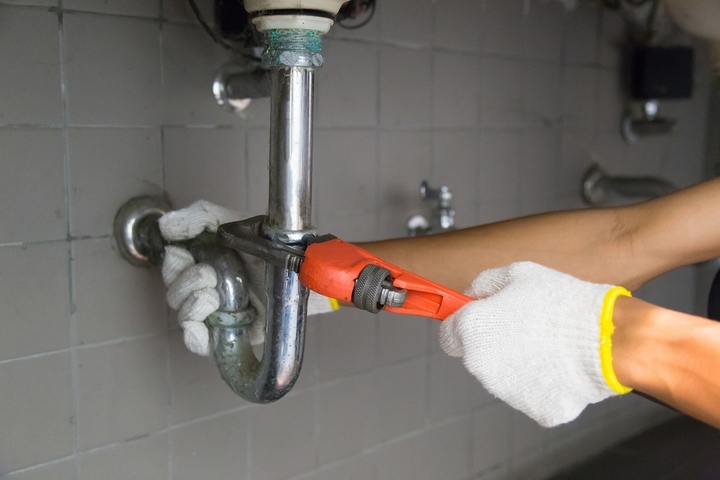
Are your pipes rattling loudly, or making a huge ruckus with a mishmash of banging noises? In this instance, the cause of the noisy plumbing probably comes from a pipe that has come loose. Over time, your pipes may have become displaced from their positions, or perhaps the original installation wasn’t properly secured. Either way, you should ask a plumber to inspect the pipes, ensuring that all the components are securely fastened.
5. Dripping Noises from Water Leaks
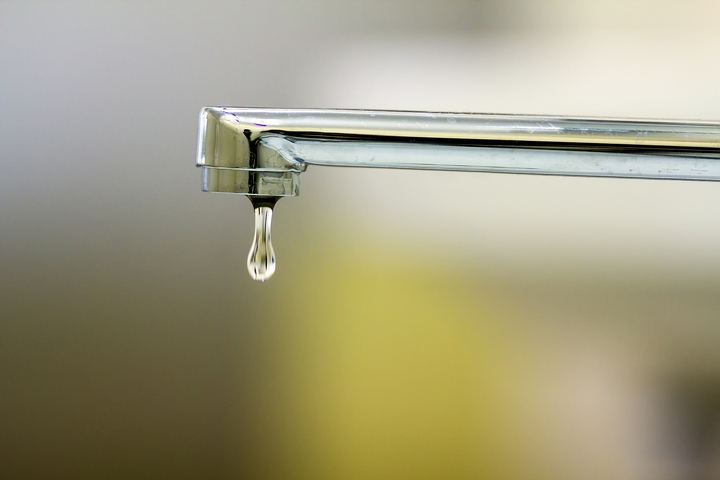
One of the most common noises you may hear is a monotonous drip, drip, drip coming from your plumbing system. This dripping noise is probably a no-brainer, but it could mean that there’s a leak in your pipes or a problem within your draining system. If the dripping noise is quite consistent, you should have this problem fixed. A persistent leak could lead to mould, rot, and other unpleasant side effects you should avoid in your plumbing systems.
6. Creaking Noises from Thermal Expansion
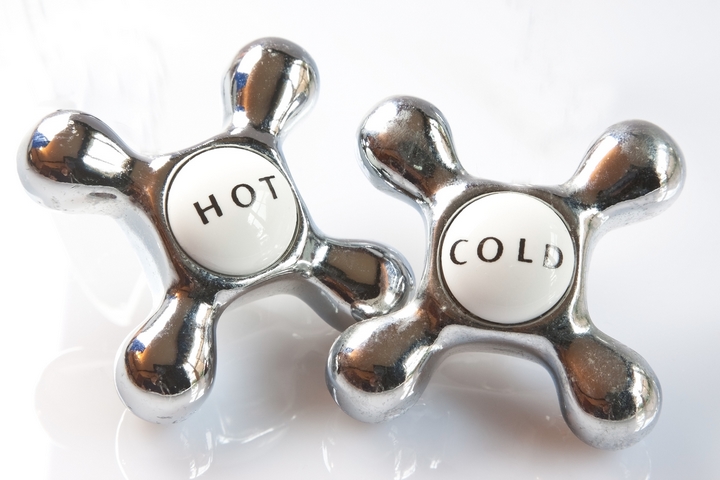
There’s also a chance that you hear a creaking noise within your plumbing pipes. This sound may originate from thermal expansion, which describes the pipes expanding or contracting in the transition between hot and cold water. As the metal expands and contracts, you may hear the pipes creak and crack while they are physically shifting. You may be able to fix this noisy problem by applying insulation around the pipes.

